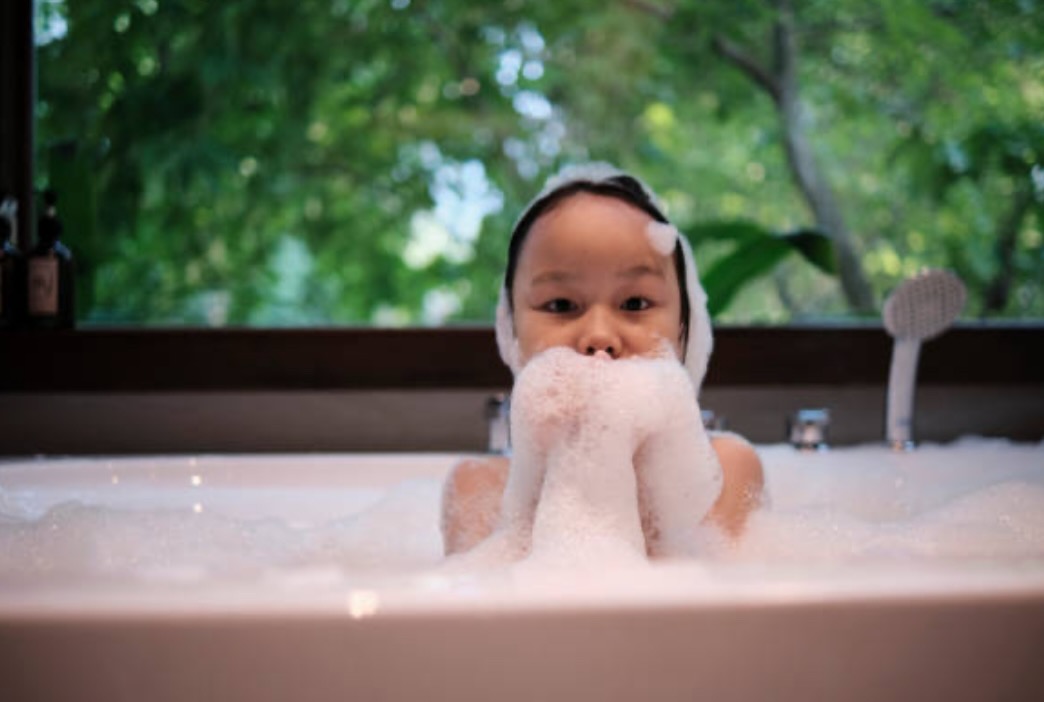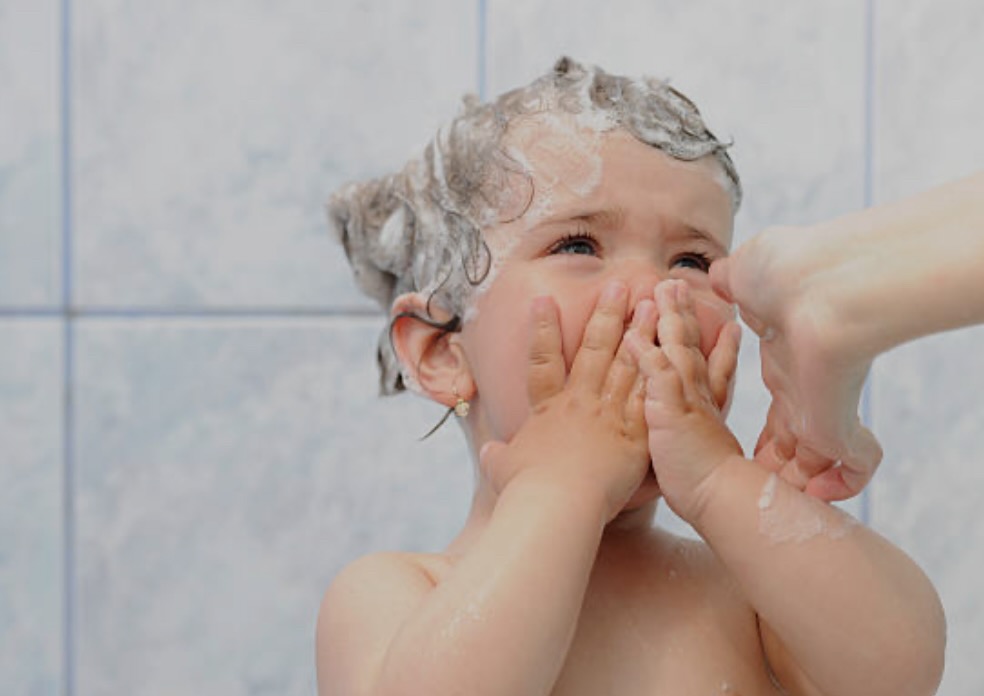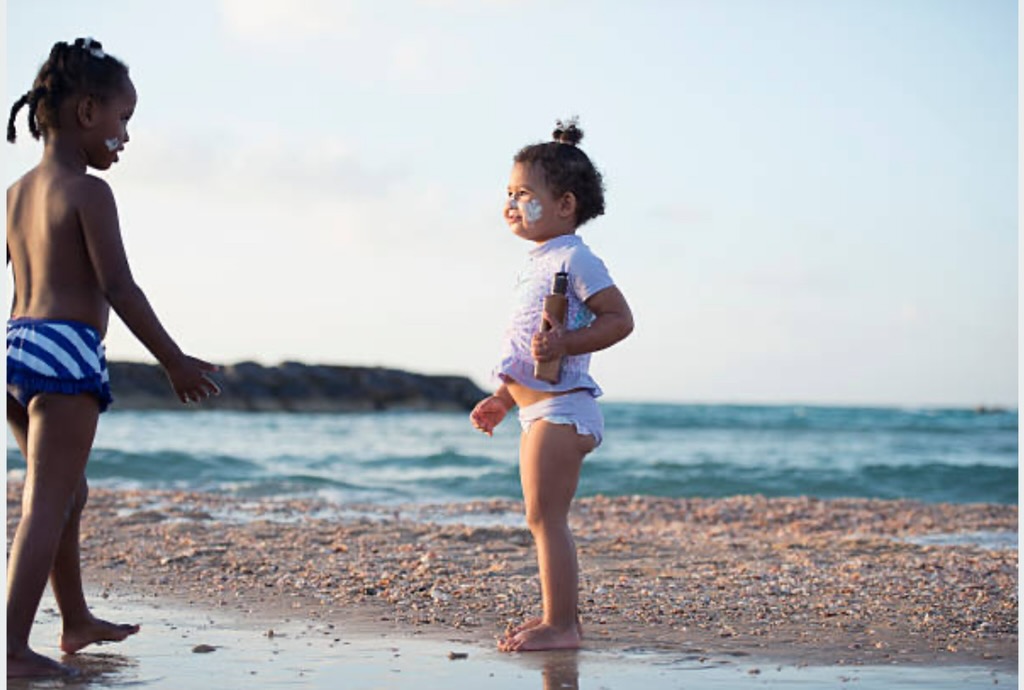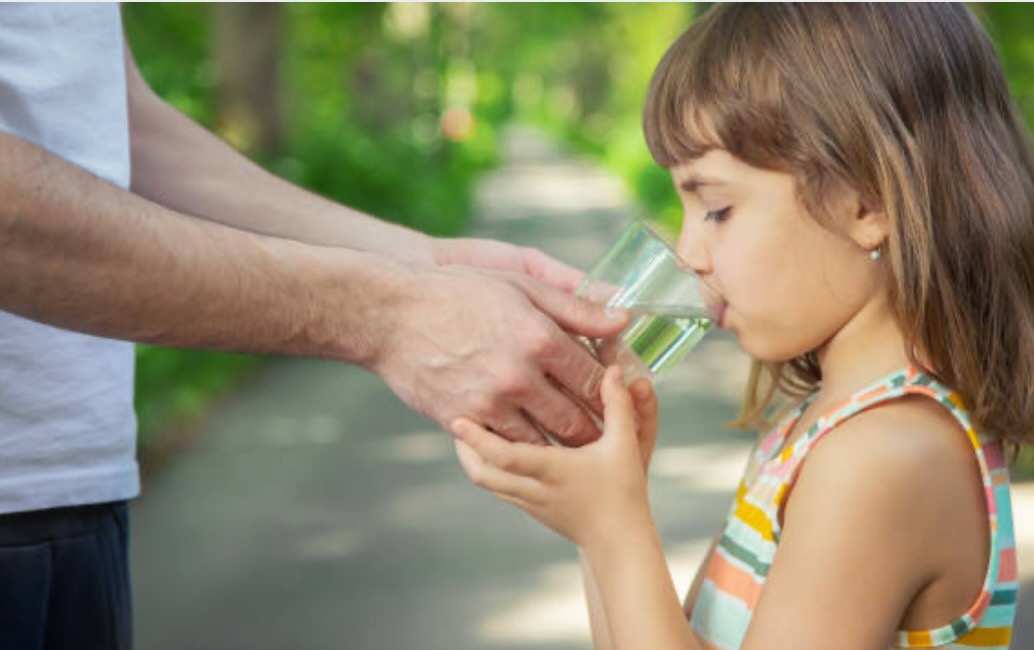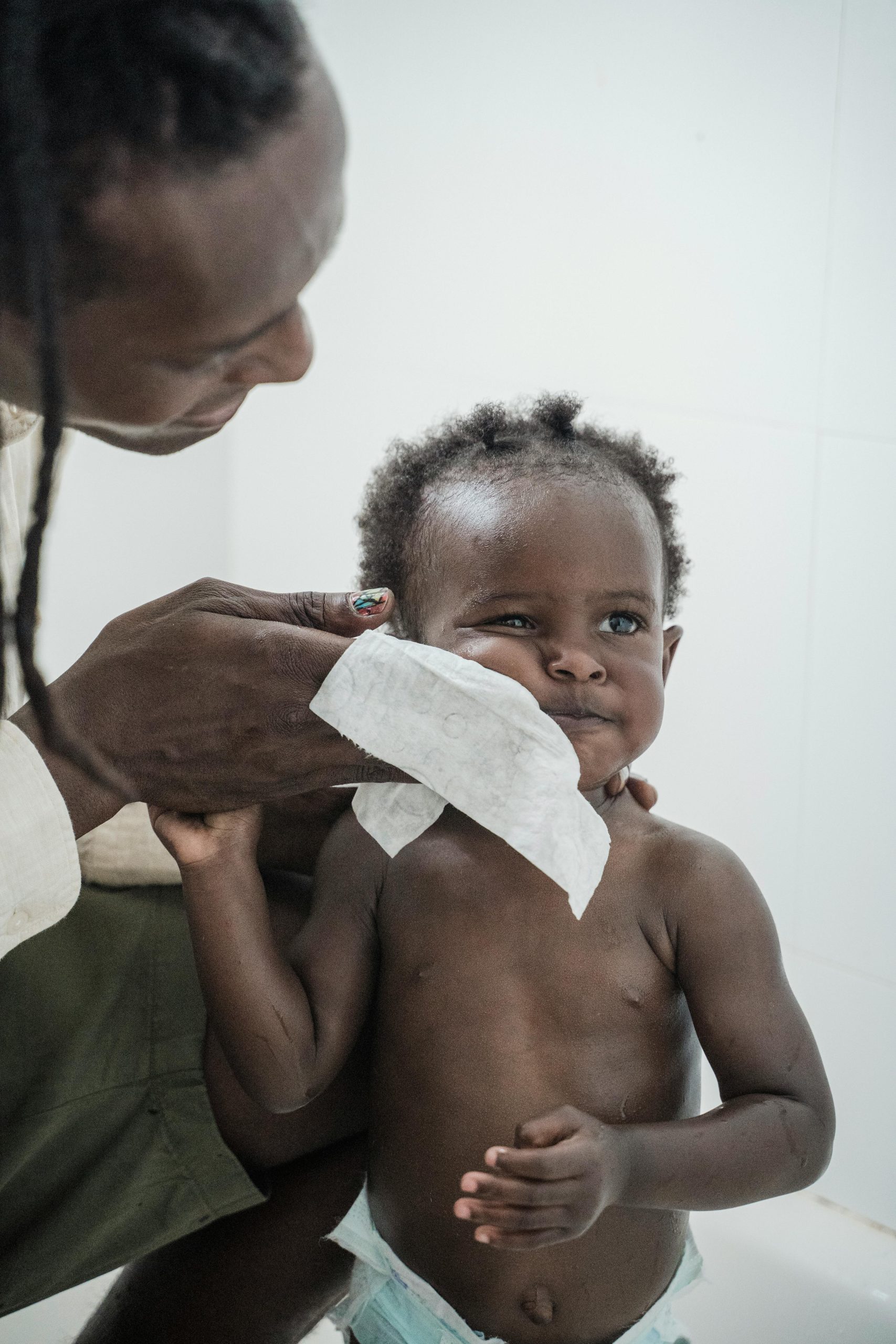Bubble baths are always part of childhood fun because the fluffy bubbles make it all seem like a fun game! as a parent, you may question if it is safe to use bubble bath on your kids. Give their delicate skin and fun love of water, it’s easy to ask this question. The positive aspect is that if you follow few tips, bubble bath time for kids can be both harmless and a good idea.
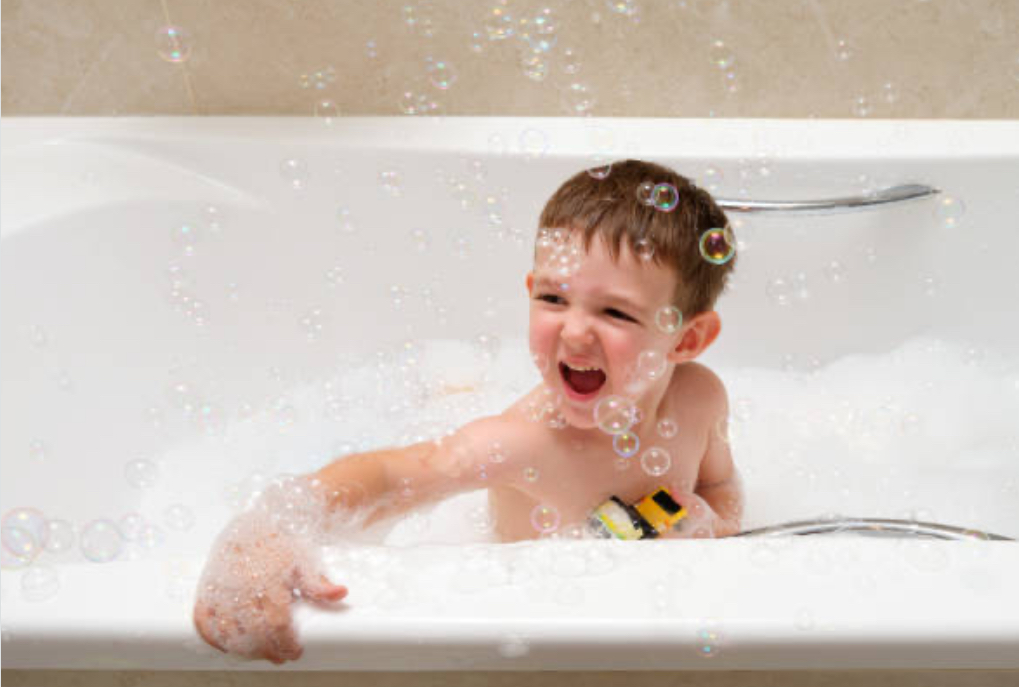
Why Kids Love Bubble Baths
Bubbles seem to put a smile on every child’s face, from toddlers to those going to school. Having a bubble bath encourages children to spend more time in the tub, which makes it simpler to wash them. Sensory play toys can relax children before they sleep at night. Yet, bubble baths are entertaining yet may be harmful for young people with sensitive skin. In 2019 Pediatric Dermatology reported that kids who enjoy water routines are more likely to keep their skin hygienic by having regular baths. Still, bubble baths might lead to skin problems if you are not careful. Let’s have a look at the specific aspects.
Are Bubble Baths Safe for Kids?
Yes, To sum up, bubble baths for children are usually safe if the products are right and follow some basic rules are applied. Yet, the skin on children is more delicate, so they get irritations more easily. Doctors from respected institutions such as the American Academy of Pediatrics (AAP) suggest parents should not let their babies and toddlers spend a lot of time in bubble bath each day.
Children who are less than 3 years old often have gentle skin and easily upset genital areas. Regular use of bubble bath can irritate the skin or cause infections in the urinary tract, mainly for girls, says Dr. Tanya Altmann.
Reasons Why Bubble Baths Are Beneficial to Children
Kids who like baths tend to practice good hygiene and have fewer chances of infections or skin issues. Calms children and helps them relax before sleep time. Evidence from a 2017 Pediatrics study shows that taking a warm bath can make children sleep better. Bubbles are helpful for sensory play, promoting aspects of cognitive growth, specialist say.
Troubles That Can Arise from Using Bubble Baths
Bubble baths that contain fragrances, dyes, or sulfates (for instance, sodium lauryl sulfate) can dry or irritate the skin of some people. It was shown in a 2018 research article that rough soaps can damage the barrier of the skin in children, resulting in more eczema flare-ups. If a girl is in soapy water for a long time, it can lead to irritation around her genitals, which may raise her chances of getting a UTI. The American Academy of Pediatrics (AAP) suggests that people should not stay too long in the bath to keep risks low. Some children can get allergic reactions to some ingredients used in bubble bath products.
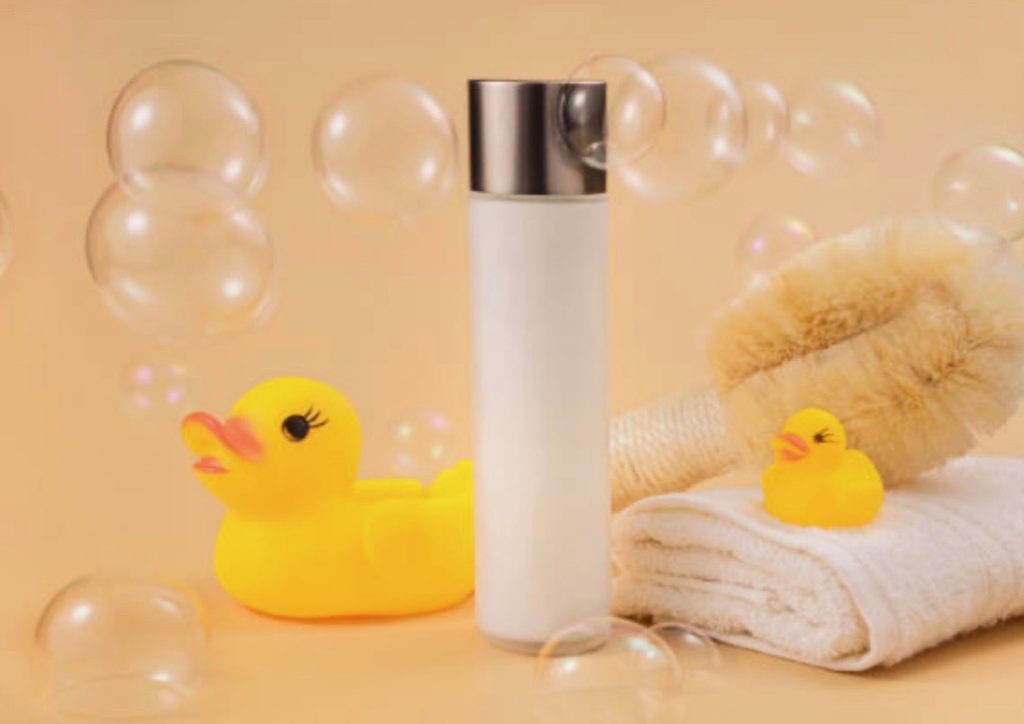
Steps for Making Bubble Bath Safe for Your Kids
For a safe and nice time with bubble baths, follow these suggestions from pediatricians and dermatologists.
Appropriate Toys for Your Kids Titles that include bubble bath should appear on the bottles. If your skin is sensitive, choose products that are Scents Free. Use products that don’t have any artificial scents or those scented with natural ingredients. Hypoallergenic T-shirts are deservedly popular due to the reduced chance of allergies. They are safe for the eyes and skin due to their careful formula. Choose shampoos without sulfates, parabens, and dyes added. They also advise using non-soap cleansers for cleaning children’s skin.
This product by California Baby Super Sensitive Bubble Bath is ideal for eczema-prone skin because it is free of fragrance, plant-based, and very gentle.
Oats are found in the Aveeno hydrating creamy wash, a product dermatologists have all tested for your baby.
Burt’s Bees Baby Bubble Bath contains natural materials and does not have any rough chemicals.
Mustela Multi-Sensory Bubble Bath, The Honest Company Bubble Bath – Fragrance-Free
Limit Bubble Bath Time
Make sure the bath does not last more than 10 to 15 minutes to prevent skin problems. If people soak in soapy water, it may deplete the natural oils on their skin, as stated in a 2021 study by Dermatologic Clinics. Taking shorter baths reduces a girl’s chances of getting a urinary tract infection.
Remove soap from your body after taking a bath. After bath time in the bubble bath, rinse your child well to get rid of the soap on their skin. Doing this helps to avoid itchiness, especially in parts of the body that are sensitive. You can use either a handheld showerhead or pour warm water with a cup to wash your hair gently.
Moisturizers and Lotions should be applied after every bath. Hot water bubble baths can dry out your skin, immediately Apply a suitable moisturizer to hold the moisture in. Dermatologists prefer that you select lotions or creams without fragrance or hypoallergenic ones. A study carried out in 2019 shows that giving your children a moisturizer straight after a bath decreases their chances of suffering from eczema.
CeraVe Baby Moisturizing Cream Contains ceramides to support the skin barrier, dermatologist recommended.
Aquaphor Baby Healing Ointment great for dry or irritated skin, fragrance-free.
Cetaphil Baby Eczema Soothing Lotion hydrates and calms sensitive skin, pediatrician approved.
Mustela Hydra Bebe Body Lotion
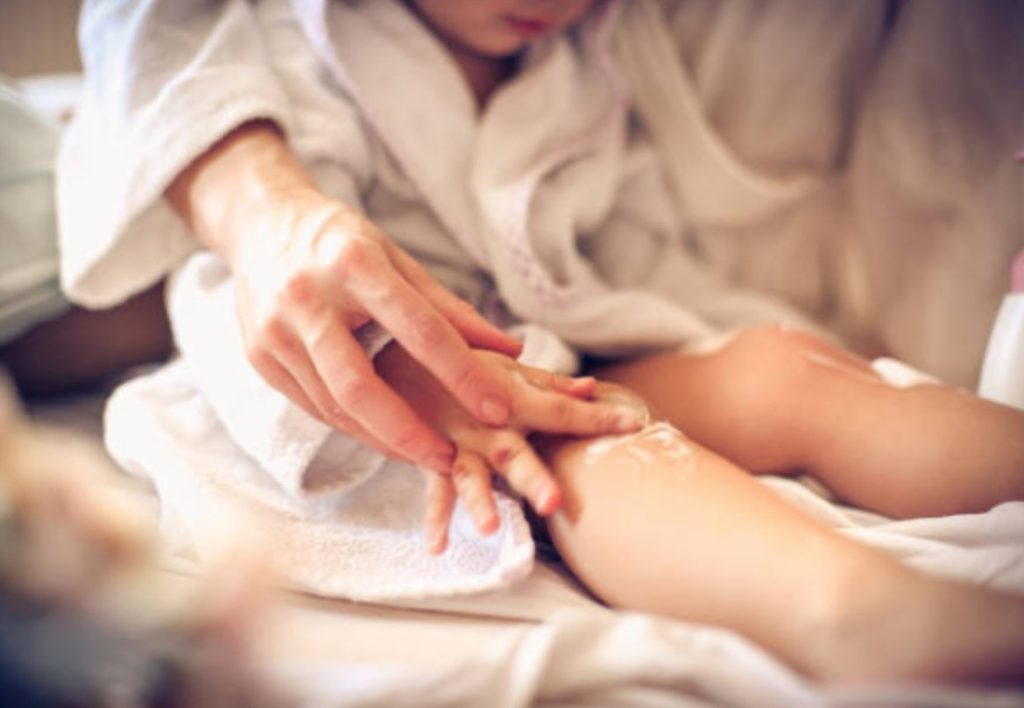
Do not Use Bubble Baths Until Babies are More Than 6 Months Old Plain water baths should be your choice for babies who have not celebrated their 6th month. Because their skin is very sensitive, the AAP advises against using bubble baths.
When Should Bubble Baths be Avoided There may be better options than bubble baths if certain conditions apply. Either your child’s skin is always eczematous or it is usually very dry. It is advised by the National Eczema Association to skip bubble baths when you have a flare-up. Your child has had more than one infection in the urinary tract. Get assistance and information from a pediatrician. Your child appears irritated or has allergies after you give a bubble bath. Opt for a cleanser that is not harsh and ask your doctor for advice.
Knowing when to go to the doctor is an important skill. For the majority, giving the child a bubble bath shouldn’t cause problems, but if you notice anything unusual, see a doctor. A rash, or redness on your child’s skin, or itching continues for more than two days without any way to relieve it. You start experiencing UTI signs, for example, discomfort when urinating or having to go to the bathroom many times.
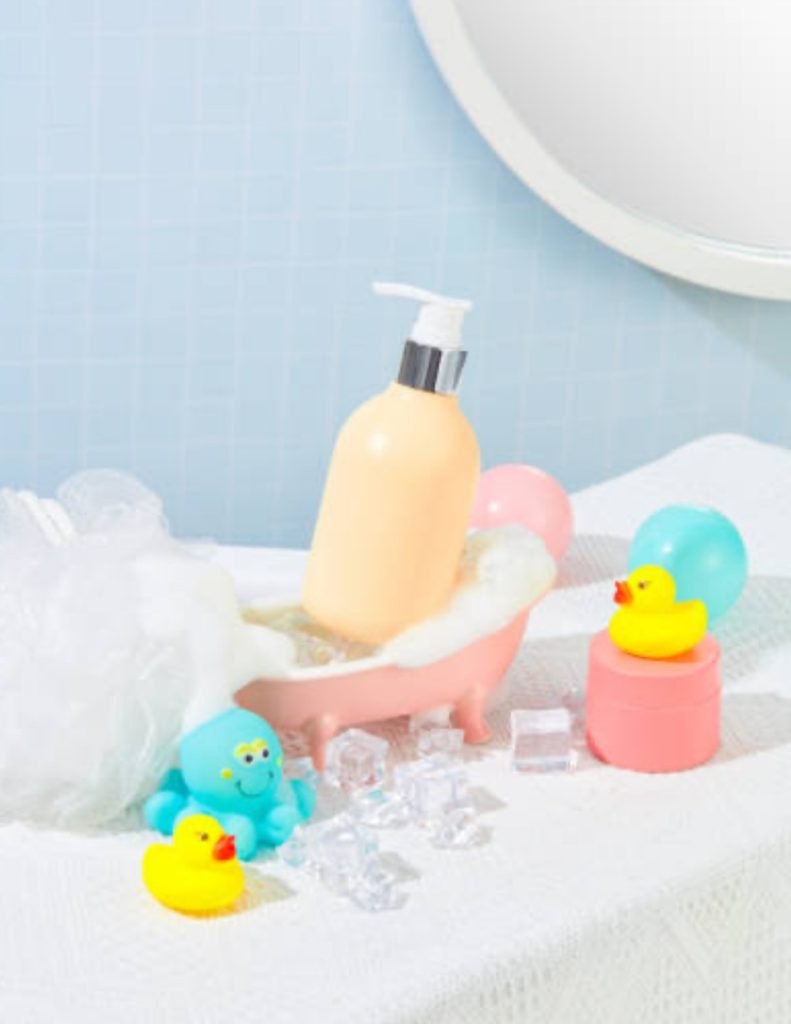
Regular bubble bath time with your child can give everyone a pleasant experience and help them take care of their hygiene. When you use gentle products, keep your child’s bath short, and moisturize afterward, it makes bubble baths fun and secure for the child. My friend tried a fragrance-free bubble bath for her son and quickly appreciated that “He likes the bubbles and his skin is nourished and happy without any fragrances touching it.” Because studies in Pediatric Dermatology back it up and the AAP supports it, if baths are given properly, they are safe for a baby. Therefore, make sure you pick a mild bubble bath, apply moisturizer on their skin, and allow your children to play with bubbles safely.
Let us know in the comments: Does your child love bubble baths? What are your favorite safe bath-time products? 🛁👇
Please note: This material and the content and information in it contains are not intended to, and do not constitute, medical or other health advice or diagnosis and should not be used as such. Consult an experienced doctor or healthcare provider for some of the issues in your individual situation.
